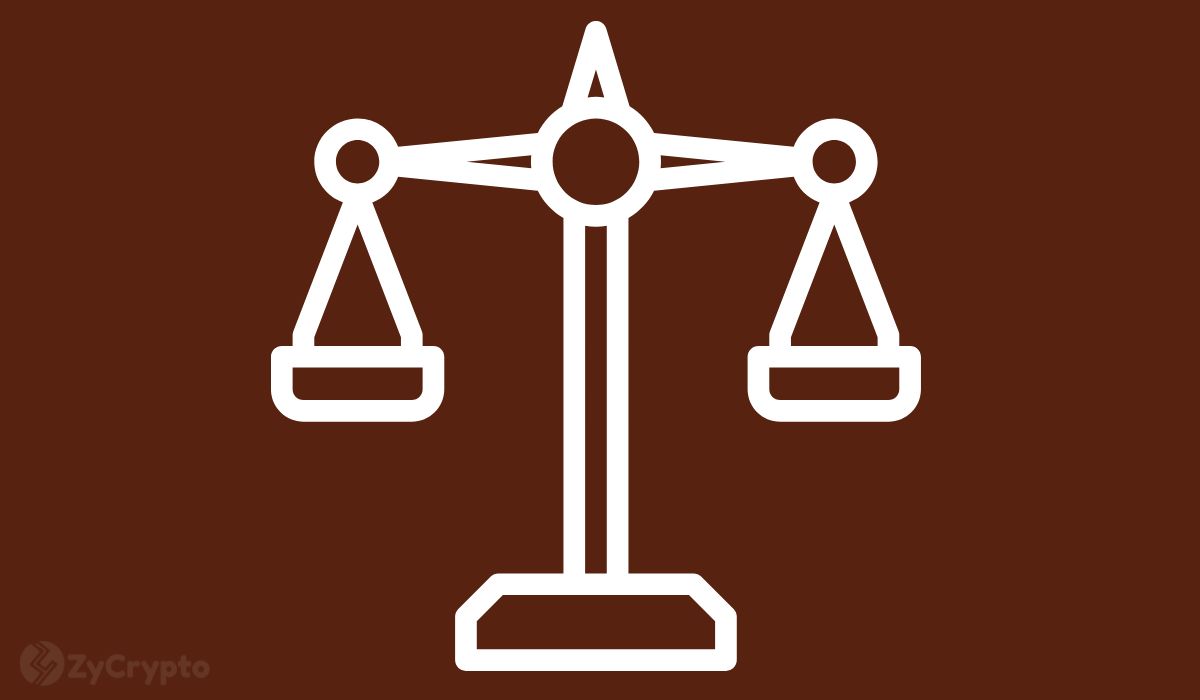Two prominent cryptocurrency associations in the United States, the Blockchain Association (BA) and the Crypto Freedom Alliance of Texas (CFAT), have initiated legal action against the Securities and Exchange Commission (SEC) for alleged regulatory overreach.
The lawsuit, initiated on 23rd April, alleges that the SEC’s recent actions amount to “capricious rulemaking” and “misguided attacks” on the burgeoning digital asset industry.
Notably, central to the lawsuit is the challenge against the SEC’s Dealer Rule, which the plaintiffs argue violates the Administrative Procedure Act (APA) due to its ambiguous and expansive interpretation of the term “dealer.” This interpretation, they claimed, has strayed far from its traditional understanding, potentially endangering the operations of countless individuals and businesses involved in digital asset trading.
The SEC’s approval of rules in February has been a point of contention. Under these new provisions, market participants overseeing assets exceeding $50 million are mandated to register with the agency. However, the plaintiffs assert that the SEC had failed to adequately address industry inquiries regarding the application of this expanded definition to the crypto sphere.
According to the lawsuit, the redefined scope of the term “dealer” is excessively broad, encompassing entities that bear little resemblance to traditional dealers as commonly understood. In an interview with Bloomberg Crypto, BA CEO Christine Smith cautioned that the SEC’s actions not only advance an anti-digital asset agenda but also unlawfully redefine the agency’s statutory authority, potentially driving American companies offshore and stifling domestic innovation.
“The SEC finalized a new regulation called the dealer rule earlier this year. And the problem is the SEC went forward and basically tried to do a very expansive redefining of what it means to be a dealer.” Said Smith.
“I think the problem that we have right now is that market participants in the crypto space don’t know how to comply and, in many cases, can’t even comply… we have nearly 100 companies within our association at the Blockchain Association. We’re talking to members. They’re holding off on hiring in the US right now because the uncertain environment is problematic for innovation.”
The lawsuit comes amidst growing concerns within the cryptocurrency community regarding regulatory uncertainty and government overreach. Analysts at investment bank Berenberg previously predicted that stablecoins and decentralized finance (DeFi) would be the next targets of SEC scrutiny. Indeed, in September 2023, the SEC’s head of enforcement, David Hirsch, hinted at investigations into centralized exchanges and DeFi protocols for possible legal violations.
That said, as the legal battle between crypto groups and the SEC unfolds, the outcome of this lawsuit could have far-reaching implications for the future of cryptocurrency regulation in the United States and beyond.


